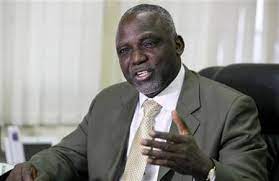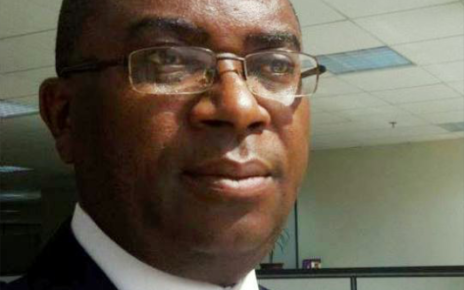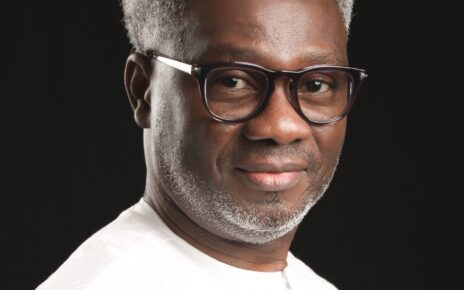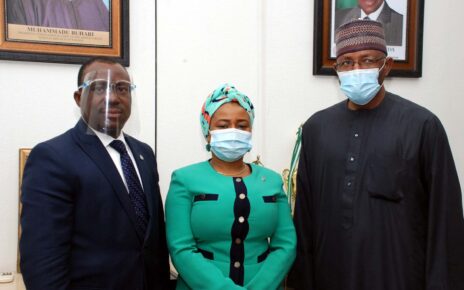State governments in the country should adopt a Public Private Partnership (PPP) arrangement in procuring power infrastructure in their states in the current efforts to boost electricity supply nationwide, a former Minister of Power, Prof. Barth Nnaji, has advised.
The industry top player gave the charge on Thursday during his paper presentation at the first quarter 2024 Nigeria Public Private Partnership Network (NPPPN) meeting with the theme ‘The Decentralization of the Nigerian Electricity Supply Industry (NESI) and the Role of the States in Rural Electrification: The Private Investor’s Perspective’.
Nnaji’s advice is coming on the heels of the recent enactment of the Electricity Act 2023, which empowers states to among others, procure and manage their power infrastructure.
The former minister, who is the CEO of Geometric Power Limited, in his presentation said that although ownership and control of power infrastructure had been decentralized, it still would not be easy for states to delve into the infrastructure projects in the sector in view of the technology implications and adverse competition in trying to do so.
He explained that the better option was for states to take advantage of the decentralization to partner and establish a regional grid because of the huge investments involved.
Nnaji further clarified: “There are a number of states that believe that they can easily jump in and begin to develop power infrastructure, but the sort of financial requirement to build power infrastructure is quite a lot.
“In Nigeria, depending on the fuel source, it will cost about $1.5 million per megawatts… That is a lot just for 1MW and that is just to build the power plant, and you haven’t built the sub stations and all the other required infrastructure.
“So this is why it is very important that partnerships be strongly encouraged. Public Private Partnership is what delivers success; where states play their role and make their contribution.
“However, if the states decide that they want to be in control then we are going back to the NEPA days and that can be a serious problem”, the former sector added.
He commended the Federal Government and the National Assembly on the enactment of the Electricity Act 2023, stressing that it will enable the subnational governments to manage their own energy resources, improve efficiency and ensure that supply is more responsive to local needs and less vulnerable to system-wide disruptions or collapses.
Nnaji harped on the need to have a cost-reflective tariff to further encourage private sector participation, adding that states must enact and enforce regulations to curb power theft.
Responding to questions from participants at the forum after his paper presentation, the industry expert encouraged power companies to do what it takes to stop power theft. He encouraged them to deploy technology as has been done in Abia state to combat bypassing of meters.
Earlier in his remarks, the Director-General of ICRC, Michael Ohiani, said that the meeting afforded participants the opportunity to deliberate on the serious national issue of power as “every hand needs to be on deck as the nation cannot witness significant development in the absence of adequate power supply.”
According to him, the theme presents an opportunity to brainstorm and proffer solutions to economic stagnation in states due to inadequate power supply.
While commending the 26 states that have enacted their PPP laws, Ohiari stressed that the laws would incentivize private sector involvement in the state and promised the support of the ICRC to help members of the Network seeking to undertake PPP projects and also states that want to enact their laws.
Declaring the meeting open, the Director-General of the Nigeria Governors’ Forum (NGF), Asishana Okauru, said that the electricity industry had undergone significant changes in recent years, saying that the discussions at the meeting will provide insights into roles of states in electrification, including rural areas.
While expressing optimism that involvement of states will improve electricity access as the state governments could deploy power infrastructure that are tailor-made to their needs, the NGF’s Director-General, however, cautioned states to guide against inconsistent policies and bureaucracies that can hamper actualization of the gains of the decentralization.
The Nigeria Public-Private Partnership Network (NPPPN), which is a network of 36 states including the FCT, with the ICRC serving as the Secretariat, was established in 2011 through collaboration between the Infrastructure Concession Regulatory Commission (ICRC), Lagos state PPP office, to create a platform for all states heads of PPP units nationwide.
It was designed to serve as a knowledge and experience sharing forum to upscale the learning curve of public officers at the sub-national level of government on the Public-Private Partnership form of procurement.




